How do I get the display name of the user that is logged in? Not the username, but the display name, such as is shown in the screenshot below - and as seen on the start menu in any Windows Vista/7 computer.

I tried a bunch of different suggestions from other questions, but they all show the username, not the display name. You can see the results of these attempts in the above screenshot.
Imports System.Security.Principal
Imports System.Threading
Imports System.IO
Imports System
Public Class Form1
Private Sub Form1_Load(ByVal sender As System.Object, ByVal e As System.EventArgs) Handles MyBase.Load
MsgBox("1: " & System.Security.Principal.WindowsIdentity.GetCurrent().Name.ToString & vbCrLf & _
"2: " & Environment.UserDomainName & vbCrLf & _
"3: " & WindowsIdentity.GetCurrent().Name & vbCrLf & _
"4: " & Thread.CurrentPrincipal.Identity.Name & vbCrLf & _
"5: " & Environment.UserName & vbCrLf & _
"6: " & My.User.Name & vbCrLf &
"7: " & My.Computer.Name)
End Sub
End Class